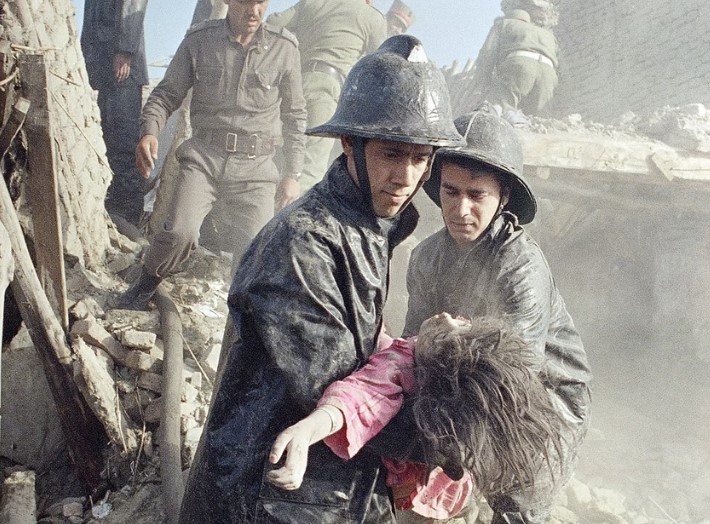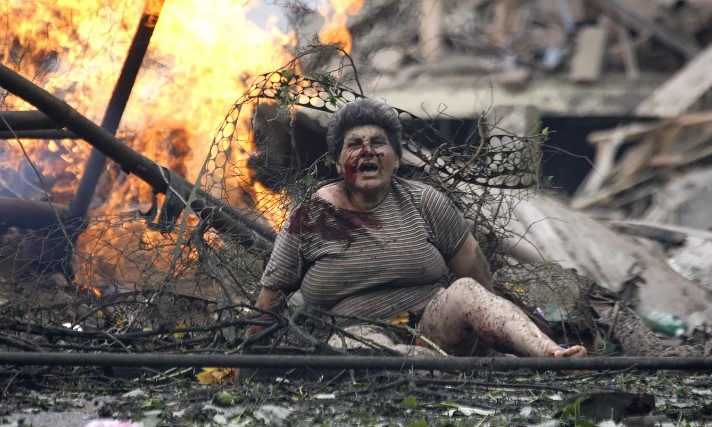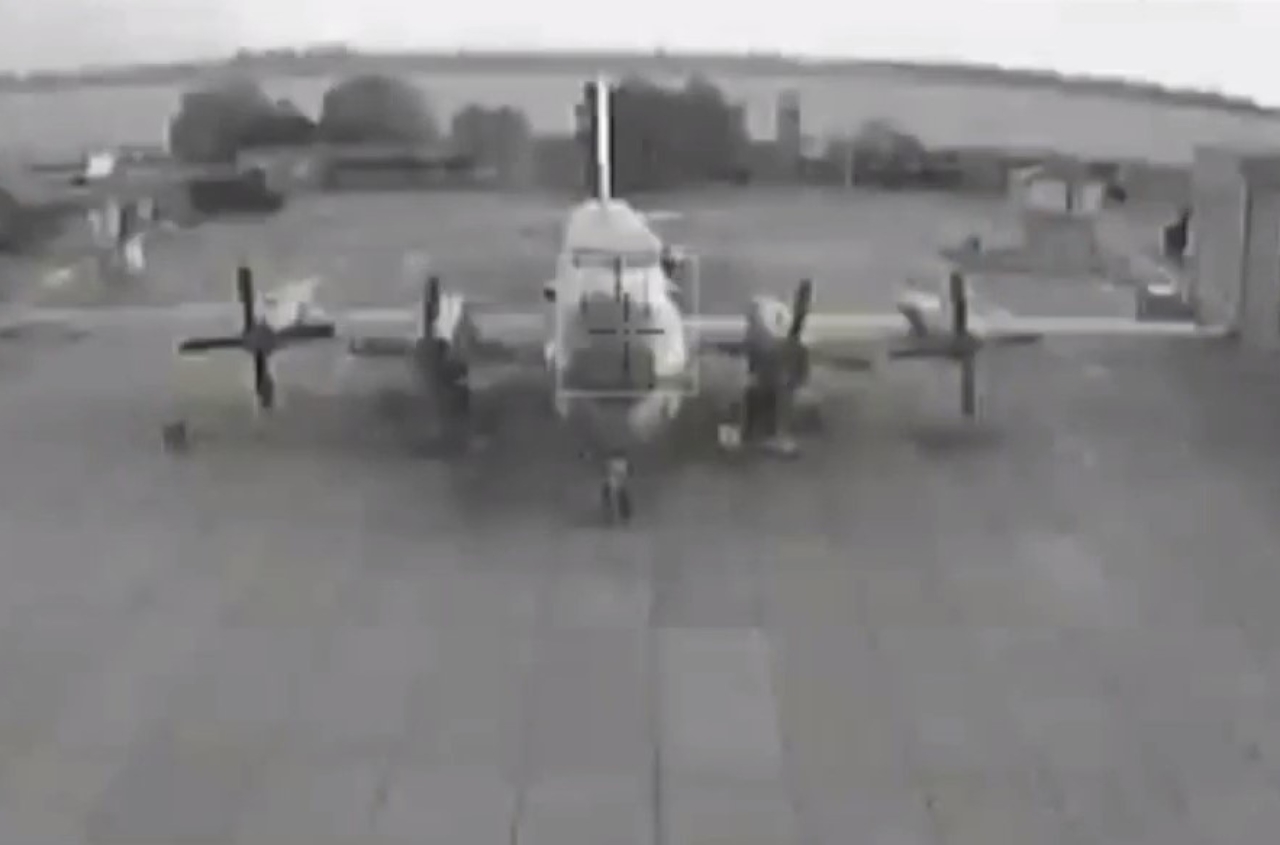By Alexander Kovalenko for Obozrevatel
"When Russia gained access to an expanded range of precision-guided munitions, transforming aviation bombs of 250, 500, and 1500 kg into guided bombs, it consequently acquired the capability for unpunished terror in the border zone.
The terror against the civilian population of Ukraine has existed, exists, and will continue to exist; only the means of attack and their effectiveness change, while the concept itself remains an integral part of the strategy of the Russian army, unchanged since the times of the USSR.
Even during the Soviet era, one of the tactical and, I would even say, strategic elements of warfare was terror against the civilian population. In other words, it involved the deliberate destruction of infrastructure and the killing of civilians to spread panic, create chaos in the internal socio-political situation, and exert moral and psychological pressure on the authorities (through the civilian segment) to force a swift surrender.
This concept included elements of war crimes, which could well be classified as genocide.
A vivid example is the Afghan War. By the most modest estimates, during the Soviet Afghan campaign of 1979-1989, up to 700,000 civilians were killed. According to less modest estimates, up to two million were killed.

This was due to the fact that the Soviet army, during clearance operations, completely destroyed villages - essentially killing everyone there without discrimination (regardless of whether they were civilians or mujahideen). Sometimes populated areas were simply destroyed to reduce support for resistance among the local population - as an element of intimidation.
According to data from the Soviet period, the Soviet contingent faced resistance forces ranging from 25,000 to 140,000. Civilians killed by Soviet troops were many times and even tens of times more.
Chechnya. Both Chechen wars. Terror against the civilian population, genocide, and mass killings were an integral part of these Russian Federation campaigns.
During the First Chechen War, according to data from the International Committee of the Red Cross, which has repeatedly discredited itself with its ties to the Russian government, 40,000 civilians were killed. According to Aslan Maskhadov, there were more than 120,000 peaceful residents of Chechnya killed by federal troops. During the Second Chechen War, estimates of the number of civilian casualties vary from 50,000 to 200,000.
The five-day war in Georgia also began from the Russian side with strikes on the civilian population and mass war crimes.

The Russian open, not hybrid, campaign in Syria was also accompanied by massive bombings of civilian objects in rebel-controlled regions - including schools, hospitals, and residential neighborhoods.
Conclusions
In Russia's strikes on the border towns and villages of Ukraine, there is no "revenge." There is strict, systematic pragmatism dictated by the overall concept of warfare, which includes terror and genocide of the civilian population as a fundamental strategy.
Essentially, after the end of World War II, the USSR, and now Russia, became much worse than Nazi Germany as disseminators of genocide ideology worldwide. Before World War II, the Soviet Union perpetrated genocide against the populations of territories under its control - Kazakhstan (famines of 1919-1922 and 1932-1933), the Volga region (1921-1922), Tatarstan (1921-1922), Ukraine (1932-1933), and so on. Mass repressions, from the Red Terror (1917-1922) to the Great Terror (1937-1938).
Modern Russia is no different from Russia during the early, middle, and late periods of the USSR. Therefore, terror against the civilian population in non-controlled territories occupied by military forces is an integral part of their strategy and comprehensive information-psychological operations aimed at intimidating, causing chaos, and disorganizing.
But it is essential to understand the most important thing: the stronger the convulsions of the patient, the more painful they are, and the sooner his outcome will come."




















